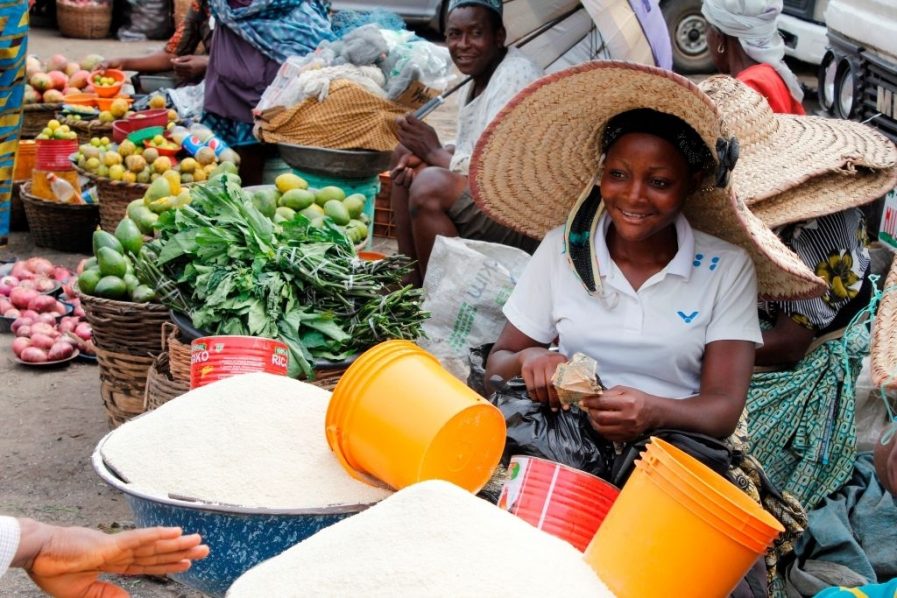The Economic Community of West African States (ECOWAS) has collaborated with the National Drug Law Enforcement Agency (NDLEA) to improve on substance abuse control, saying the socio-economic losses arising from the menace are huge.
The two bodies decried the loss of manpower to drug addiction, noting that a large percentage of the youth population who have taken to drugs have become unproductive. They warned that the trend threatens Nigerian and regional economic growth and development.
Yesterday, ECOWAS started a capacity-building workshop in Lagos for desk officers of the Nigeria Epidemiology Network on Drug Use (NENDU) as part of its commitment to championing a data-driven approach to drug abuse control in the country. The participants assembled from the 37 NDLEA treatment centres nationwide.
Director of Humanitarian and Social Affairs at the ECOWAS Commission, Dr Sintiki Ugbe, who was represented by the Head of the ECOWAS Drug Prevention and Control Division, Dr Daniel Amankwaah, stressed the need for credible data to fight the drug challenge.
He explained that the West African Epidemiology Network on Drug Use relied on country-level networks like NENDU to track drug trends, emerging substances and their consequences.
“Drug abuse is linked to terrorism, violence, and crime. If we reduce drug abuse, we will reduce these challenges. The manpower loss alone is a major economic factor. We are losing young people with good brains who could have driven regional development,” the ECOWAS official said.
ECOWAS, he said, would provide laptops, desktops, scanners and photocopiers to NDLEA centres to strengthen data collection and transmission.
Chairman/Chief Executive Officer of the NDLEA, Buba Marwa, who was represented by the NDLEA Director of Drug Demand Reduction, Dr Ngozi Madubuike, said the NENDU system is vital in generating timely and reliable data to inform drug prevention, treatment and policy.
Marwa said that within a rapidly evolving drug landscape, the need for timely, accurate and actionable data has become more critical.
“The quality of data you generate directly impacts national planning and policy,” he remarked.
Madubuike, in an interview, said the 2018 National Drug Use Survey revealed that 14.3 million Nigerians were using psychoactive substances, excluding alcohol and tobacco.
She added that 376,000 persons had drug use disorders and were in contact with treatment centres.
“These are mostly young people between 25 and 39 years old. When such people are on drugs, it affects everything that has to do with the nation. They are in their productive years, and when they are not productive, it impacts the economy,” she said.
Madubuike warned that the economic toll of drug abuse would worsen if the trend was not tackled urgently.
“When you have low productivity from young people, or they have mental or health issues, or engage in social vices, they won’t be productive. It will affect the economy. Drug trafficking also affects local producers because traffickers conceal drugs in goods and sell them cheaper than genuine businessmen,” Madubuike said.






